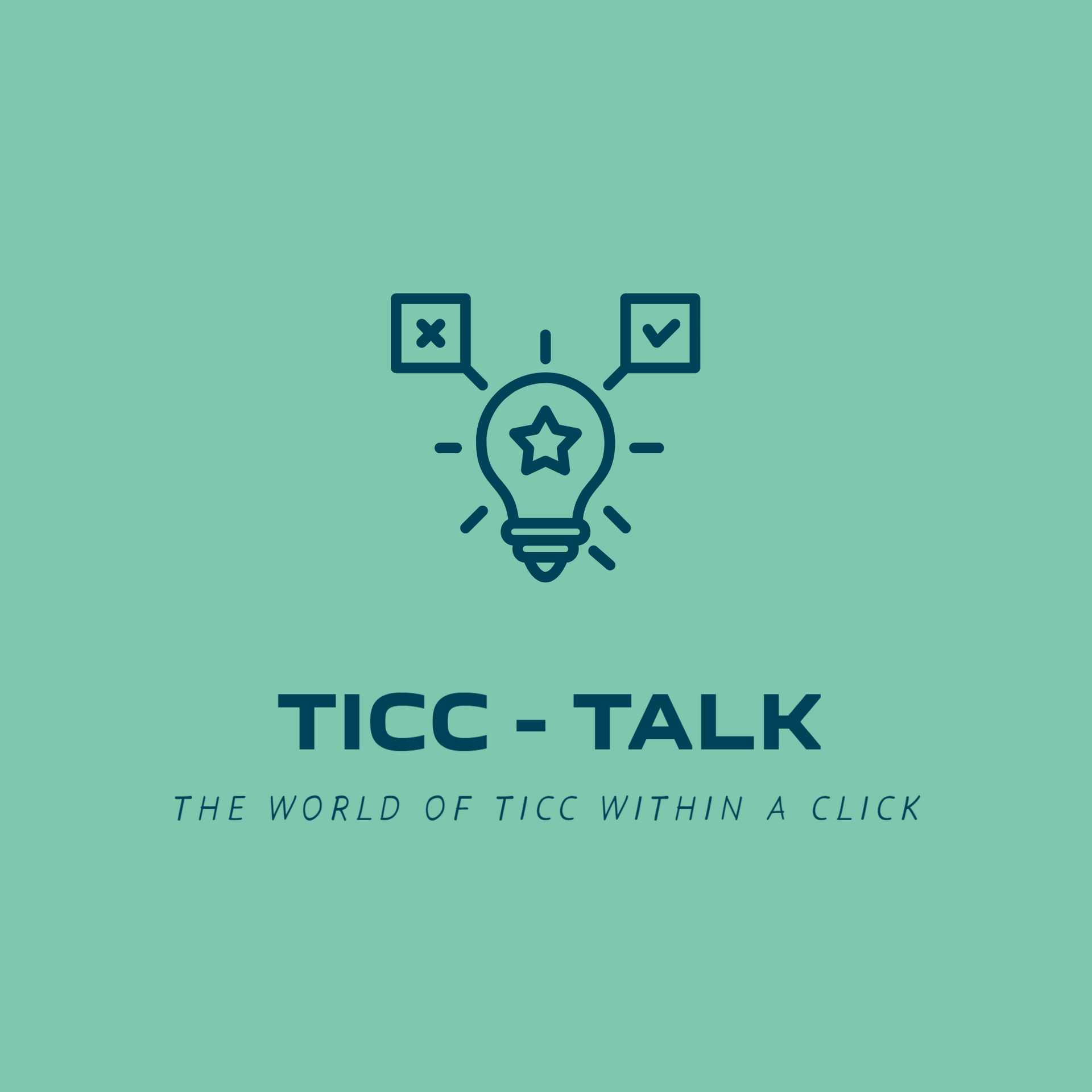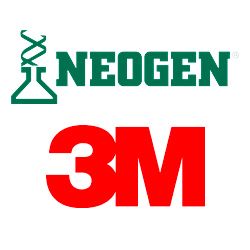Food Fraud: EUR 91 Million in Counterfeit and Substandard Food Seized in Cross-Border Operation
Food Fraud / Food testing / Food Safety / 2024 Report
Over EUR 91 million in counterfeit and substandard food and beverages were removed from circulation across Europe in 2024.
Operation OPSON XIII, involving 29 countries, targeted counterfeit and misrepresented food products.
Top counterfeit targets include high-value products like olive oil and wines with Protected Designations of Origin (PDO).
A sustained increase in expired food fraud is worrying for food safety and consumer health.
The food on our tables is under attack, and it’s more sophisticated than we may imagine. In a sweeping operation called OPSON XIII, Europe’s law enforcement agencies, regulatory bodies, and private sector partners joined forces to combat counterfeit and substandard food fraud, resulting in the seizure of over EUR 91 million worth of compromised goods. This thirteenth iteration of the yearly OPSON operation underlines a worrisome rise in counterfeit food products infiltrating the market, impacting everything from olive oil to high-end wines, and targeting consumers across the continent.
The Operation and its Scale
OPSON XIII, coordinated by Europol, OLAF, DG SANTE, DG AGRI, and law enforcement from 29 European countries, removed nearly 22,000 tonnes of food and 850,000 liters of beverages from markets across Europe. The operation led to:
- 11 criminal networks dismantled
- 104 arrest warrants and 184 search warrants issued
- 278 individuals reported to judicial authorities
- 5,821 inspections conducted
Products were found in various stages of the food supply chain, revealing how deeply counterfeit and expired items had infiltrated consumer channels. The joint efforts of customs, food regulatory agencies, and the private sector highlight the seriousness of food fraud and its impact on consumer safety and market integrity.
Fraud Tactics in Food: A Growing Risk
European investigators identified expired food as one of the primary targets of food fraud this year. In a disturbing trend, organized crime groups have been buying up expired food intended for disposal, reprinting expiration dates, and reselling it as fresh. This includes basic household staples as well as high-value goods like olive oil, wine, and even canned tuna.
Counterfeit products disguised as high-quality, PDO-certified items, like Italian extra virgin olive oil and high-end wines, were seized throughout the continent, often accompanied by elaborate schemes to mislabel and certify these subpar products fraudulently. In Spain, for instance, the Guardia Civil discovered a canning company deceptively labeling low-quality tuna as premium, using less expensive oils to replace what was advertised as olive oil.
Similarly, in Italy, the Carabinieri seized 42 tonnes of adulterated oil sold as Italian extra virgin olive oil, along with 71 tonnes of related substances and packaging valued at over EUR 900,000. Another operation uncovered a criminal network misrepresenting French PDO wines, resulting in the confiscation of EUR 1.4 million worth of counterfeit wine and cash, as well as a staggering EUR 15,000 price tag per bottle.
Europe vs. USA: Food Fraud in Numbers
Food fraud is a global issue, and Europe and the United States face similar challenges, though the scope and approach may differ. Europe, with a culturally rich and varied food industry, often experiences a higher incidence of fraud in PDO-labeled products, where wine and olive oil counterfeits are particularly prevalent. According to recent estimates, the European food fraud testing market is projected to grow at an annual rate of 7.6% through 2026, driven by the demand for greater transparency and safety. In 2023 alone, it was valued at EUR 1.6 billion, with France, Italy, and Germany leading in testing volume.
In contrast, the U.S. food fraud market is anticipated to reach over EUR 1.2 billion by 2025, driven by consumer demand for food authentication and regulatory measures targeting food labeling and authenticity. The focus in the U.S. often revolves around different commodities, including seafood, honey, and high-value organic products, where mislabeling is prevalent. However, both continents are seeing increased regulatory scrutiny and market demand for authentication, driving growth in food fraud testing sectors globally.
TICC Players in Food Authentication:
Food fraud detection is a key area for European testing companies, which invest heavily in analytical technology and traceability solutions. Leading Food Testing players, but also many niche testing specialist players are ramping up capabilities in food authenticity testing, employing techniques like DNA testing and mass spectrometry to detect counterfeit ingredients. These advancements not only ensure compliance with food safety regulations but also enhance consumer confidence, as governments and private-sector players collaborate to safeguard food integrity.
Conclusion:
Food fraud may not be a new phenomenon, but its scale and sophistication are growing. With counterfeit and substandard products now valued at millions, protecting consumers is a clear priority. Efforts like OPSON XIII demonstrate that, while fraudsters adapt and evolve, the European Union is resolute in its fight to remove counterfeit products from shelves and to prosecute those responsible. However, it’s clear that vigilance must continue, as food fraud spans both physical markets and online platforms, infiltrating supply chains globally.
As more consumers call for transparency and quality, the food fraud testing market will continue its upward trajectory, with Europe at the forefront of both testing and enforcement. This momentum is critical to preserving the integrity of food products and supporting a safer, more transparent food system worldwide.
For more information on food fraud testing or to explore our suite of food safety solutions, contact us today. Our expert team is ready to assist you in ensuring your products meet the highest standards of authenticity and quality.



